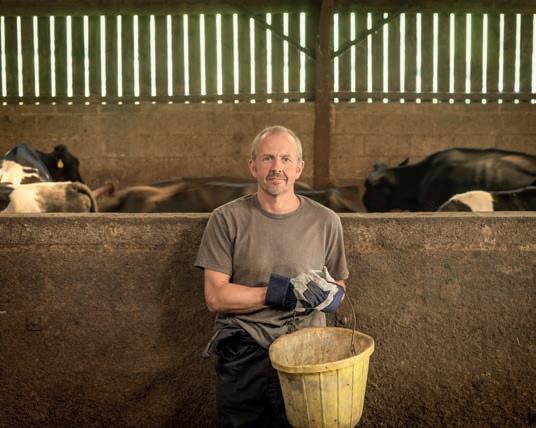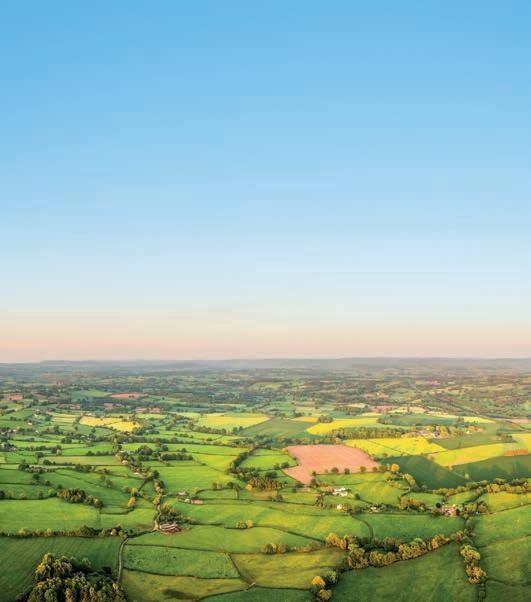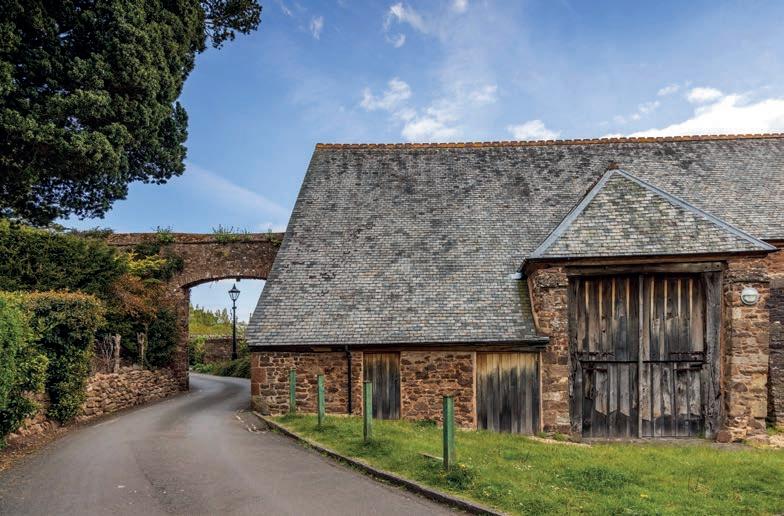GUEST CONTRIBUTOR
B
ack in 1992, I chaired a working group of CLA members, allied professional advisers and redoubtable head of taxation Adrian Baird, to look at the unsatisfactory way in which rural businesses were taxed as they diversified away from their predominantly agricultural income. Coincidentally, the CLA’s incoming president Mark Tufnell was working with me at Smith & Williamson at the time, and was intimately involved in the deliberations. It is a small world. Our group reported in November 1992 and proposed that rural businesses should, in future, be considered as a single unit for taxation purposes, giving birth to the concept of the Rural
Business Unit (RBU). Our report was way, without the anomaly of different presented to the government, and I tax regimes applying to the various know it was seriously considered by sources of income. both Defra and the Treasury, as I was In 1997, the incoming Labour so informed by the then minister of government focused on what it agriculture John Selwyn considered to be Gummer – my own more important member of Parliament rural issues, some of FIND OUT MORE at the time. which resulted in the For more information Indeed, I understand passing of a number on the CLA’s Rural that the possibility of of acts that affected Business Unit, visit cla.org.uk/ introducing the RBU life in the countryside. library/rural-business-unit was seriously considered The taxation of rural in government right landowners, and the up to the 1997 election. However, concept of the RBU, was clearly not top the immediate loss of some tax was of that government’s rural agenda, and unfortunately considered more pressing for its introduction was no important than encouraging rural longer a priority for the CLA. landowners to look at their businesses However, the wheel has come full in a simpler, more efficient and holistic circle. Although I have long since retired as chairman of the CLA’s taxation committee, CLA officers and staff have kept the concept of the RBU alive as a desirable reform to press when the time is right. In February 2020, the CLA’s Budget Submission once again championed the concept of the RBU as a reform that would simplify the tax rules for diversified rural businesses. Of course, life has been far from normal since March 2020 and, as we know, it has been very difficult to hold meetings and round tables in which new concepts can be discussed with officials. Nevertheless, the CLA is championing the RBU as a key element of its Rural Powerhouse campaign. Now is the time for government to look at the concept again in order to assist rural landowners as they face the profound changes that are consequent on the UK’s withdrawal from the EU, and thus from the Common Agricultural Policy. Indeed, looking at my own business, I can see that we are facing changes that are as challenging as those we faced when I first became involved more than 50 years ago. I wish the CLA success as the concept of the Rural Business Unit heads towards its 19th birthday.
Simplified tax
38 NOVEMBER 2021 | LAND & BUSINESS
38 GC_RuralTax_November 2021_Land & Business.indd 38
IMAGE: SHUTTERSTOCK
Sir Michael Bunbury briefl y explores the 19-year history of the CLA’s Rural Business Unit, and why it is an important policy concept for the future
cla.org.uk
19/10/2021 16:51















